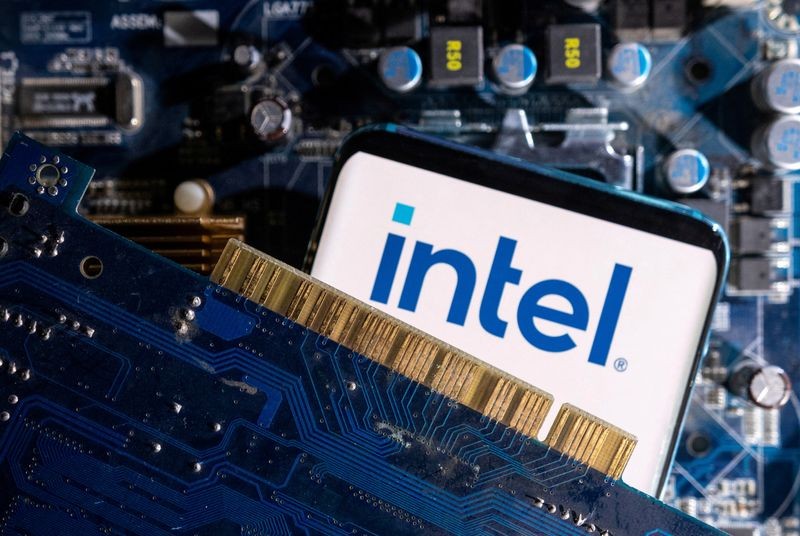
Tech giants TSMC and Broadcom are reportedly exploring separate acquisition deals that could lead to the division of Intel's core operations, according to The Wall Street Journal.
The potential deals would see Broadcom acquiring Intel's chip design and marketing divisions, while TSMC would take control of the manufacturing facilities. Broadcom has begun informal talks with advisors about a possible bid, though the company is likely to proceed only with a partner to manage Intel's manufacturing operations.
TSMC, currently the world's largest contract chip manufacturer, is considering assembling an investor group to acquire Intel's fabrication plants, which would expand its global manufacturing presence. However, these discussions remain in early stages, with no formal offers presented.
Intel's recent challenges have made it an attractive acquisition target. The company faced $7 billion in losses from its chipmaking division in 2023, along with a 60% drop in share price. The departure of CEO Pat Gelsinger in December followed several setbacks, including manufacturing delays and declining AI chip market share.
However, major obstacles stand in the way of any potential deal. The U.S. government has expressed strong opposition to foreign ownership of Intel's domestic manufacturing facilities, viewing them as strategically important assets. A White House official indicated that while foreign investment is welcome, approval for TSMC's takeover of Intel's U.S.-based chip fabs would be unlikely.
The government's stance adds complexity to the situation, particularly as it continues to provide subsidies for domestic semiconductor production to reduce dependence on foreign manufacturers. Any successful deal would likely require careful navigation of regulatory requirements and possibly involvement from domestic partners to address national security concerns.
A potential split of Intel would represent a major shift in the semiconductor industry, moving toward specialized companies focused on either chip design or manufacturing. The outcome of these preliminary discussions will largely depend on the ability to overcome political and economic challenges.